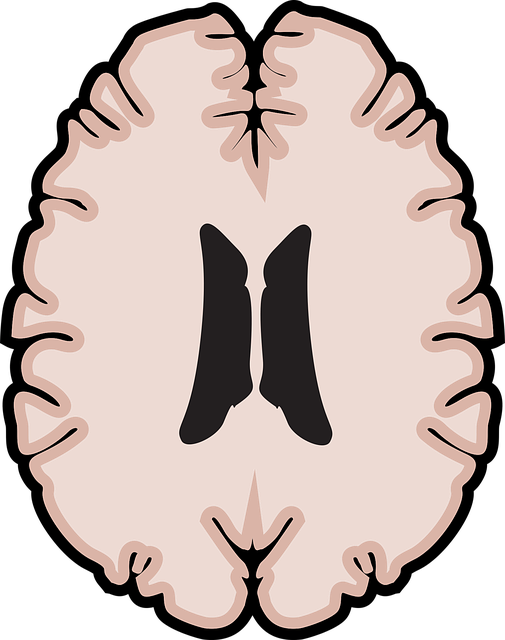Broomfield First Responders Therapy (BFRT) equips first responders with critical emotion regulation skills through specialized training, enhancing their emotional intelligence and decision-making. The BFRT approach includes structured assessment, tailored coping strategies like mindfulness and cognitive reframing, and long-term skill development for effective crisis intervention. These techniques significantly improve stress management, making them valuable tools for trauma survivors requiring ongoing support to build resilience.
Emotion regulation is a vital skill for first responders, who frequently confront high-stress situations. This article explores the importance of emotion regulation and introduces the effective Broomfield First Responders Therapy (BFRT) approach. We provide a comprehensive guide to BFRT’s step-by-step process, offering practical techniques to enhance emotional well-being in daily life and training. Discover how these strategies can mitigate stress, improve resilience, and foster better mental health among first responders.
- Understanding Emotion Regulation and its Importance for First Responders
- The Broomfield First Responders Therapy Approach: A Step-by-Step Guide
- Practical Techniques to Incorporate into Daily Life and Training
Understanding Emotion Regulation and its Importance for First Responders

Emotion regulation is a vital skill for first responders, who frequently face high-stress situations and must maintain composure to provide effective care. Understanding and managing emotions are crucial aspects of resilience and mental well-being in this profession. The ability to regulate emotions helps first responders navigate challenging scenarios with clarity and calmness, ensuring they can offer the best support to those in need.
Broomfield First Responders Therapy recognizes the importance of these skills and provides specialized training in emotion regulation techniques. By incorporating Mind Over Matter principles, empathy building strategies, and self-care practices, individuals in this field can enhance their emotional intelligence. This, in turn, leads to better decision-making abilities, improved relationships with colleagues and the community, and a more positive overall work experience.
The Broomfield First Responders Therapy Approach: A Step-by-Step Guide

The Broomfield First Responders Therapy (BFRT) Approach offers a structured framework for teaching individuals effective emotion regulation techniques. This therapeutic model is particularly useful in crisis intervention guidance, helping people navigate intense emotions during stressful situations. The process begins with Broomfield First Responders Therapy professionals assessing the individual’s current emotional state and identifying specific triggers. Once identified, they guide clients through a step-by-step process to gain awareness of their feelings, understand underlying causes, and develop coping skills for effective stress management.
The next phase focuses on teaching practical strategies to regulate emotions and manage crises. This includes breathing exercises, grounding techniques, cognitive reframing, and mindfulness practices tailored to the individual’s needs. By learning these tools, clients gain a sense of control and empowerment over their emotional responses, enabling them to cope more effectively with future challenges. Crisis Intervention Guidance within BFRT is aimed at fostering resilience and promoting long-term Coping Skills Development.
Practical Techniques to Incorporate into Daily Life and Training

Incorporating practical emotion regulation techniques into daily life can significantly enhance one’s ability to navigate stress and challenging emotions, as demonstrated by Broomfield First Responders Therapy. These techniques, often taught through specialized therapy programs like Trauma Support Services, empower individuals to manage their emotional responses effectively. One such powerful tool is Mindfulness Meditation, which encourages individuals to focus on the present moment, observing thoughts and feelings without judgment. This practice increases self-awareness, allowing for quicker identification of emotional triggers and subsequent coping skills development.
Additionally, techniques like deep breathing exercises, progressive muscle relaxation, and cognitive reframing are simple yet effective methods that can be easily integrated into daily routines. By consistently applying these strategies, individuals not only reduce the intensity of strong emotions but also foster a greater sense of control over their reactions. This proactive approach to emotional well-being is invaluable, especially for those who may have experienced trauma and require ongoing Trauma Support Services to build resilience and cope with residual stress responses.
Emotion regulation techniques are invaluable tools for first responders, enabling them to manage stress and maintain resilience. The Broomfield First Responders Therapy Approach offers a structured framework, guiding professionals through complex emotions experienced on the job. By incorporating practical techniques into daily life and training, as detailed in this article, first responders can enhance their emotional intelligence and better support themselves and their communities. This proactive approach ensures that these essential service members are equipped to handle challenges with composure and professionalism.














